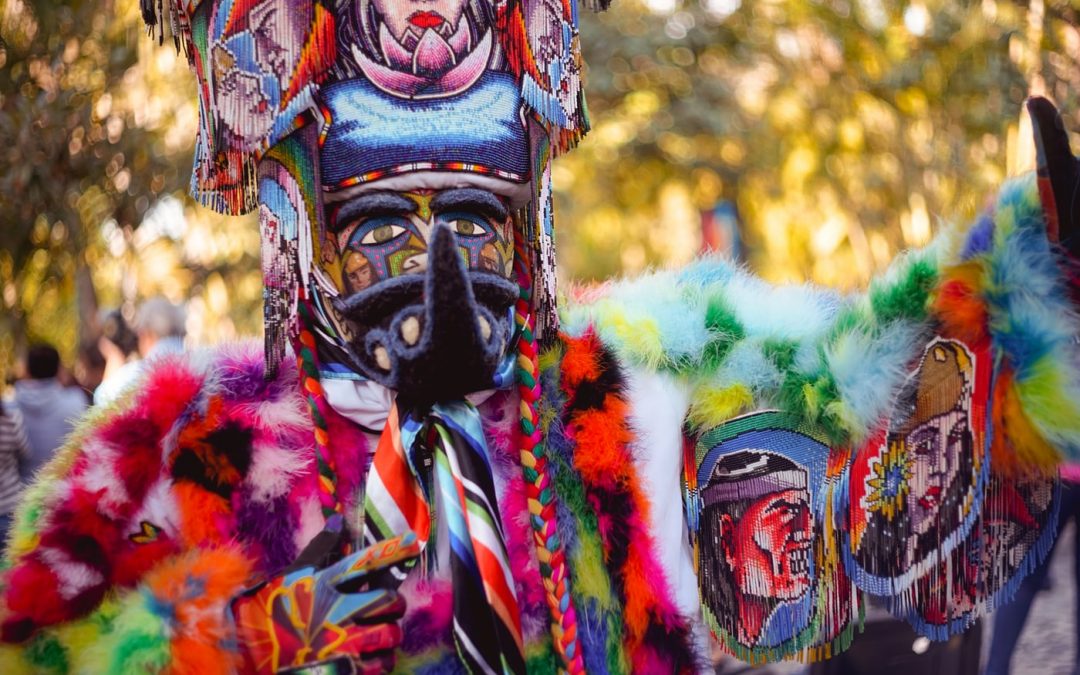Photo Source: Andres Vera on Unsplash
Yesterday, February 16, was Fat Tuesday. It marked the final day of this year’s Mardi Gras, the carnival that precedes the start of Lent.
Most of us associate Mardi Gras with wild parades, masquerade balls and other rowdy public festivities in cities such as Rio, Venice and New Orleans, drawing thousands of tourists and revelers every year.
What you may not know, is that Mardi Gras originated as a popular cultural phenomenon that dates back thousands of years to pagan spring and fertility rites in the Roman empire. When Christianity arrived in Rome, rather than abolish the tradition, religious leaders decided to incorporate them into the new faith. Ever since then, the excess and self-indulgence of the Mardi Gras season usher in Lent, the 40 days of fasting and penance between Ash Wednesday and Easter Sunday.
I find it fascinating and not particularly surprising that rituals of hiding behind masks precede the season when we are reminded to examine our failings.
OK, so let’s face it. We’ve all failed at one time or another. It’s what we do next that matters. And the masks of Mardi Gras provide a metaphor to explore the importance of what we choose to do next.
To the extent that I acknowledge my failings, I may respond in one of two ways: responsible guilt or shame.
Responsible guilt is a healthy and rational response to my failings. When I openly confront my mistakes, it may actually be an important driver that propels me toward my best self.
Shame, by contrast, is a self-evaluation rooted in a belief that I’m not good enough, strong enough, smart enough, or whatever enough. Shame is paralyzing and will never propel me back to my best self.
Why? Because when I feel shame, I feel completely unworthy of love and belonging, so the last thing I want to do is talk about it or otherwise expose it. Shame silences me over and over again.
You already see where this is going: When I feel shame, I will hide my mistakes and failings behind the masks I wear in life just as masqueraders hide behind their Mardi Gras masks.
Phil Cousineau, the Forewordist for my new book Nothing Bad Between Us: A Mennonite Missionary’s Daughter Finds Healing in Her Brokenness, says that such hiding will lead to “soul rust” that corrodes us from the inside out.
And Tom DeWolf, author of Inheriting the Trade, says that we “bury the wound like a leaky sewer pipe under the house hoping no one will notice – rather than commit to the hard work of repair.”
So today, as Mardi Gras comes to an end and the season of Lent begins, I re-commit to putting aside the mask of shame, and to open up to the possibility of repair, forgiveness and growth toward my truest and best self.
I hope you will join me.


Mardi Gras – – the people in the costumes were ahead of their time with masks.